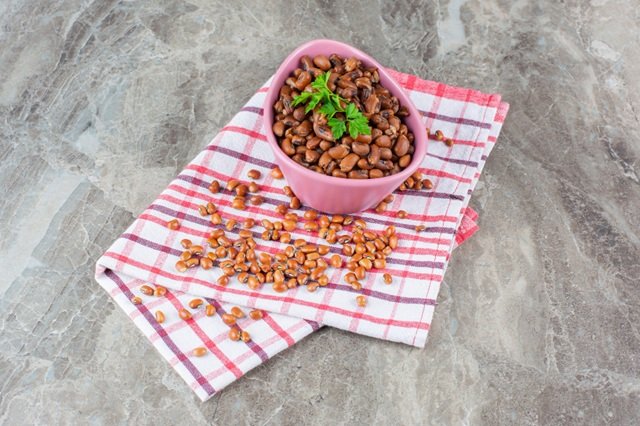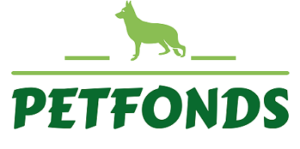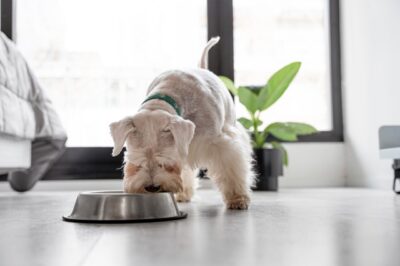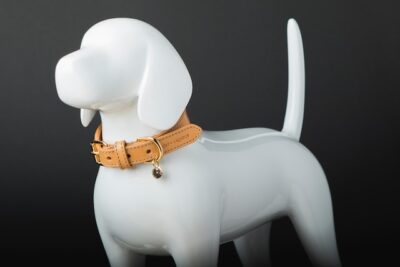Choosing the best diets for our Dachshunds can raise a lot of questions. Naturally, I have faced many problems when selecting the right foods for my Dachshunds. The best dog food for Dachshunds depends on every dog owner’s preference, budget, various life stages, and even the dog’s food habits. However, considering some basic criteria, we can select the Best Dog Food For Dachshunds. Here is my guidance on choosing the right food for Dachshunds, taking into account nutritional value, suitability, and many other considerations.
An Overview of Dachshunds:
Dachshunds are one of the most popular dog breeds. They are instantly recognizable for their unique appearance and behavior, like:
- This hunting dog is also known as a wiener dog, badger dog, or doxie.
- Long-bodied, short-legged, muscular dog breed.
- The dog is a high-energy dog with an active lifestyle.
- They may be long-haired or smooth-haired with varied coloration like solid red, black & Tan, and more.
- Senior dogs are more prone to spinal problems and become overweight.
- The life expectancy can vary from 10 to 14 years.
- The average weight of this dog breed varies from 14 to 18 kg.
Choosing The Best Dog Food For Dachshunds: Factors To Consider
Considering various complications in the life cycle of dachshunds, some essential factors must be considered while choosing the best food for our dogs. Protein, fat, carbs, calcium, and phosphorous are some essential components of the best food for dogs.
Choose the best food for dachshunds with a carefully balanced and easily digestible formula to help them manage their weight, protect their joints, and promote healthy digestion.
Health Issues:
- Allergies: Some dogs might experience various side effects, such as diarrhea or vomiting, from interactions with some foods and medications. It is to be discussed with the vet before introducing any food that can create an allergic reaction.
- Weight Management: Obesity is one of the biggest concerns for dachshunds. Keeping proper weight control can reduce the health risks of dogs.
- Coat and Skin Health: shinier fur and healthier skin can be developed by nutrient-rich diets.
- Digestion: A sudden change of switching food can upset the stomach of dachshunds. To ensure a smooth transition, introduce new food gradually by blending it with the old one for 1 or 2 weeks.
- Joint and Dental Health: Calcium and phosphorous play a crucial role in robust bones and teeth. Dog food containing slightly more calcium than phosphorus is more beneficial for their health.
- Kidney and Heart Health: The right food protects the various organs, such as the kidneys or heart. Feeding the same food to your dog for their whole life can be bad for them. The dog food should be high in protein and low in carbs and fat, with high-quality sources based on age, health, and activity.
Best Dog Food For Dachshunds: Sources Of Essential Components
The quality of dog foods is to be considered based on digestible formulas that offer maximum health benefits in weight management, joint or dental support, and more.
- Protein: Cooked Beef, chicken and chicken eggs, Lamb, Fish, and Turkey are the best sources of protein for dog foods.
- Fat and Omega 3: Chicken skin, the oil of fish, and Flaxseed are considered the sources of fat for dog food. Chia seeds are a good source of omega-3.
- Carbohydrates: Wheat is the best source of dog food.
- Calcium and Phosphorous: Bone meal, fish beans, egg shells, wheat bran, vegetables, and muscle and organ meats are good sources of calcium and phosphorous for dog foods.
Types Of Dog Food:
Different dog breeds require various diets for their genetics and health status. Five different types of dog food diets include:
- Kibbles: Kibbles are the most common and well-known type of dog food. This food contains meat, carbs, and essential vitamins and is available in cooked forms.
- Canned Foods: The Canned diet is of many different flavors with more types of nutrients.
- Freeze-Dried Raw Diets: It is the perfect topping for any other type of dog food. This food is rehydrated before servicing to prevent dehydration.
- Raw Diets: It is more beneficial for the most complete nutrition with dental, skin, and coat health.
- Dehydrated Diets: This type of dog food is easier to prepare and store, and has natural and fresh ingredients. It can be served by just adding fresh water.
Food Brands For Dachshunds:
- Royal Canin: This specific formula is popular and well-regarded for both calorie and nutrient-dense options for Puppies. Protein, fat, and added calcium and phosphorous provide growth stage development of dogs.
- Blue Buffalo(Best for kidney health): It is low in sodium and phosphorous that specifically formulated for kidney health. The life protection formula option provides high-quality protein and carbs and supports joint health.
- Nulo MedalSeries (Best for skin and coat health): It contains fatty acids that help to improve a dog’s skin and coat health.
- Eukanuba (Best for weight management): It is formulated for overweight dachshunds that boast higher protein and lower calories.
- Natural Balance (Best for food allergies): This limited-ingredient lamb and brown rice recipe is specially formulated for small breeds with chicken and other ingredient allergies.
- Purina Pro Plan (Best for Digestion): It is recommended for small breeds for a better digestive system.
- Hill’s Science( Best for Dental Health): It can help to reduce dental plaque and tartar buildup.
Treats for Dachshunds: Puppy, Adult, and Senior
Dachshund puppies are a small breed with small stomachs and have speedy metabolisms. They need frequent feeding to meet more calories of the body’s calorie needs. However, ideal food for senior dachshunds should contain more calories without much volume.
- Look for low-calorie options with healthy snacks formulated with natural ingredients.
- Avoid bones, high-calorie dog foods, and human foods.
- Maintain feeding the right portion to prevent obesity.
- Adjust the diet as per their life stage, such as puppy, adult, and senior.
- Regular vet check-ups can help to monitor weight and overall health.
Special Considerations:
- Choose the portion sizes and feeding frequency according to their age, such as puppies, adults, and seniors. Select frequent meals a day for puppies and less frequent feeding for seniors.
- Avoid feeding onions, garlic, grapes, raisins, or chocolate, which can cause serious health issues.
- Meet with the vet if needed to get guidance for the best dog food for Dachshunds.
Tips To Choose The Best Dog Food For Dachshunds :

- Ensure the food alignment for a sensitive stomach.
- Choose foods rich in Protein and moderate fat with low carbs.
- Avoid selecting dog foods with preservatives or colors.
- Consider foods as per the life stage and activity of dachshunds.
- Doubt should be clear first. Meet with your vet for the best guide.
- It might take time to find the perfect diet, but educate yourself and connect with experienced dog owners to gain invaluable insights.
Conclusion:
Every dachshund is unique, and their activities, food habits, or health issues can vary with life stage. Educating yourself, connecting with fellow owners, and staying the course can help to choose the best dog food for dachshunds. When in doubt, meet with the vet for the best guide.
FQAs:
Why Low-Carb Food Is Considered For Dachshunds?
Low-carb food helps to maintain a healthy weight, lowers obesity and diabetes risks, and reduces allergy reactions.
Why Omega-3s Are Important For Dogs?
Omega-3s have anti-inflammatory properties that can relieve joint pains and ensure a healthier cardiovascular system.
How to Categorize Dachshunds According to Their Age?
The exact age to categorize dachshund life stages depends on breed size. It can be considered as a Puppy until they reach around 6 months to 1 year, it becomes an Adult until they are 5 to 6 years old, and a Senior can be more than 6 years old.








